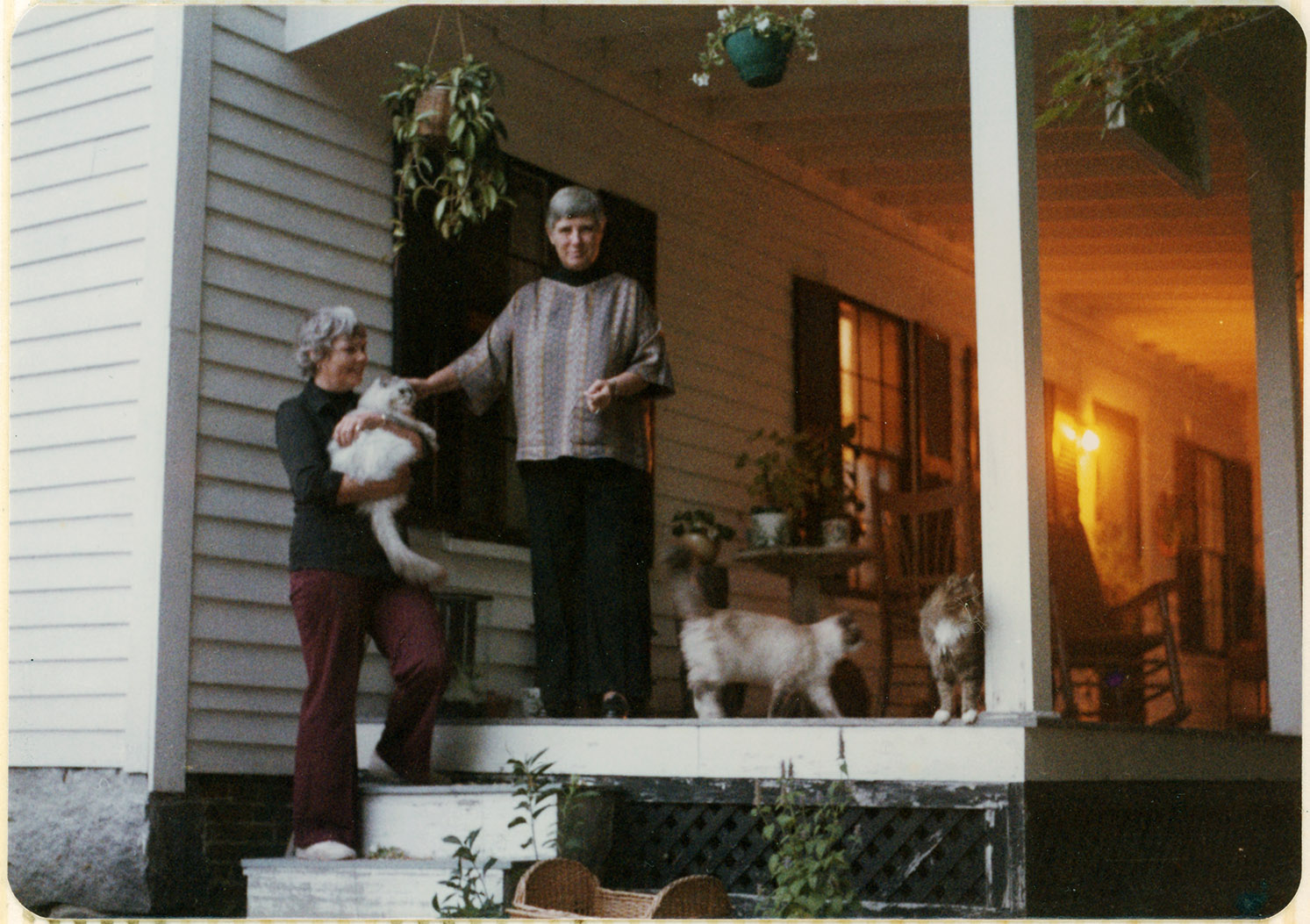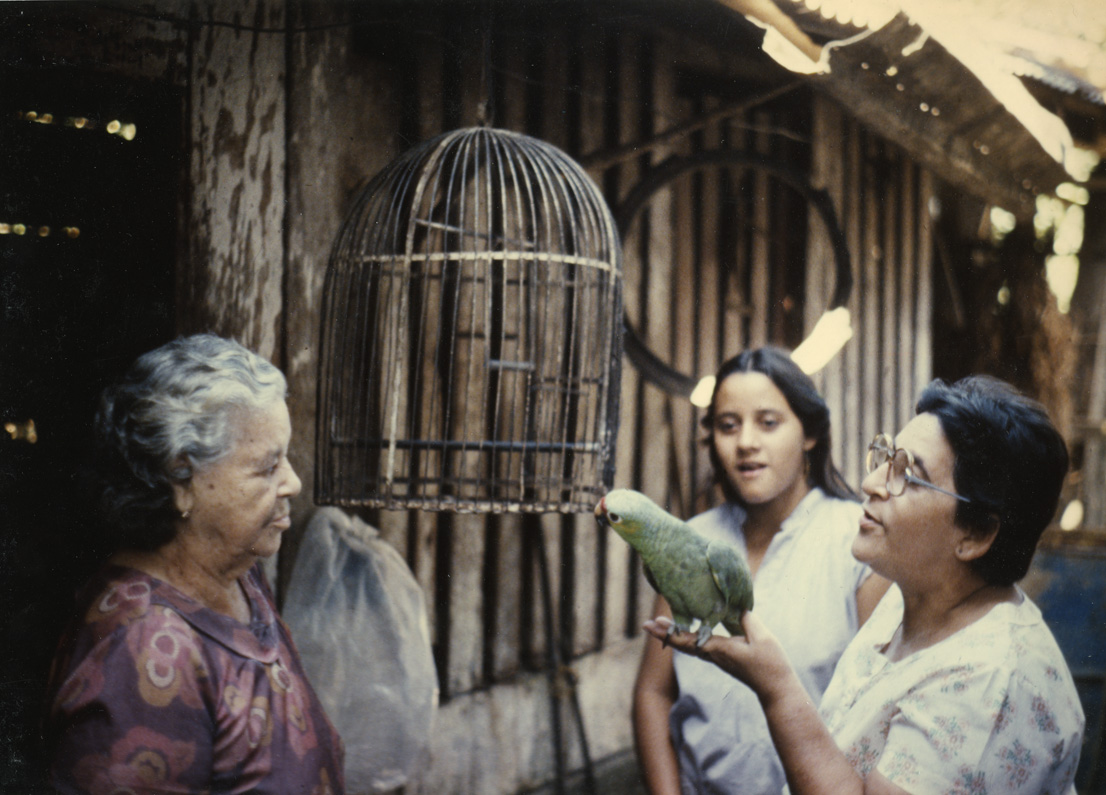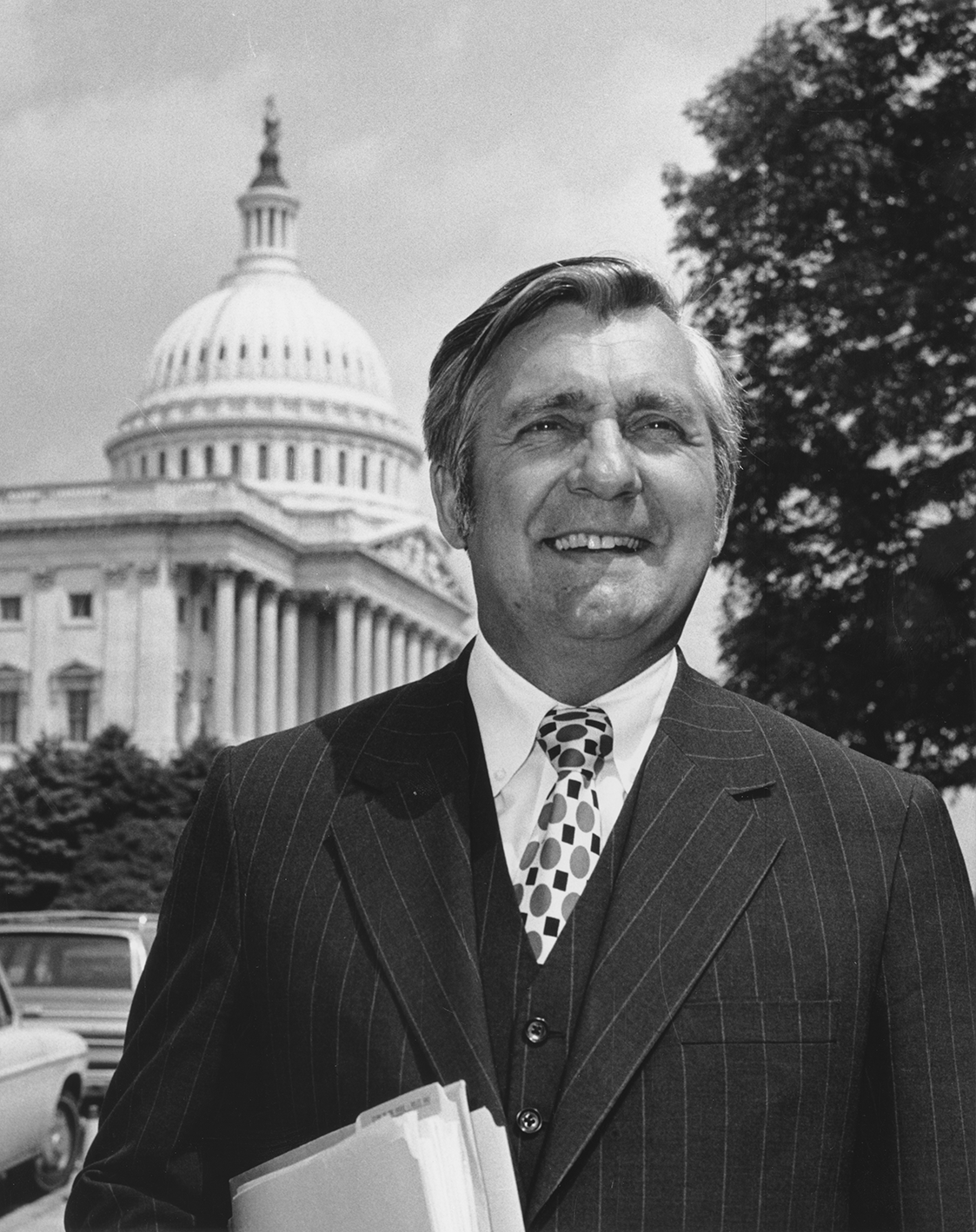Paul, Ellen, and Michael Connett Anti-Fluoridation Collection
1950-2016 Bulk: 2000-2015
6.5 8 linear feet
Call no.: 1170
 Fluoride Action Network bumper sticker
Fluoride Action Network bumper sticker
In 1996, Paul Connett was persuaded by his wife Ellen to investigate the controversial practice of water fluoridation. In 2000, he was one of the founders of the Fluoride Action Network which he directed for 15 years (2000-2015). In 2003, Paul gave an invited presentation to a panel appointed by the US National Research Council, which published a landmark review of fluoride’s toxicity in 2006.
In 2010, with two other authors, James Beck, MD, PhD and Spedding Micklem, DPhil (Oxon), Connett published The Case Against Fluoride (Chelsea Green 2010).
Paul Connett is recognized as one of the most important anti-fluoride activist of the early 21st century. The collection consists of material generated during his work with the Fluoride Action Network, which includes the contributions of his wife Ellen and their son Michael. Michael is now a lawyer who has brought a case against the EPA over fluoride.
The collection contains newsletters, correspondence, scientific papers, legal documents, clippings, publications, photographs, audio and video recordings, and a collection of 3/4″ videotaped oral histories with leaders of the anti-fluoridation movement. Also contains material from Paul and Ellen’s involvement with Work on Waste, USA, the environmental group opposed to municipal solid waste incineration (see MS 767, Work on Waste USA, Inc. Records).
Gift of Michael Dolan, December 2021
Subjects
Antifluoridation movementWater--FluoridationContributors
Connett, EllenConnett, Paul, 1940-Types of material
CorrespondenceNewsletters
Restrictions: none none





